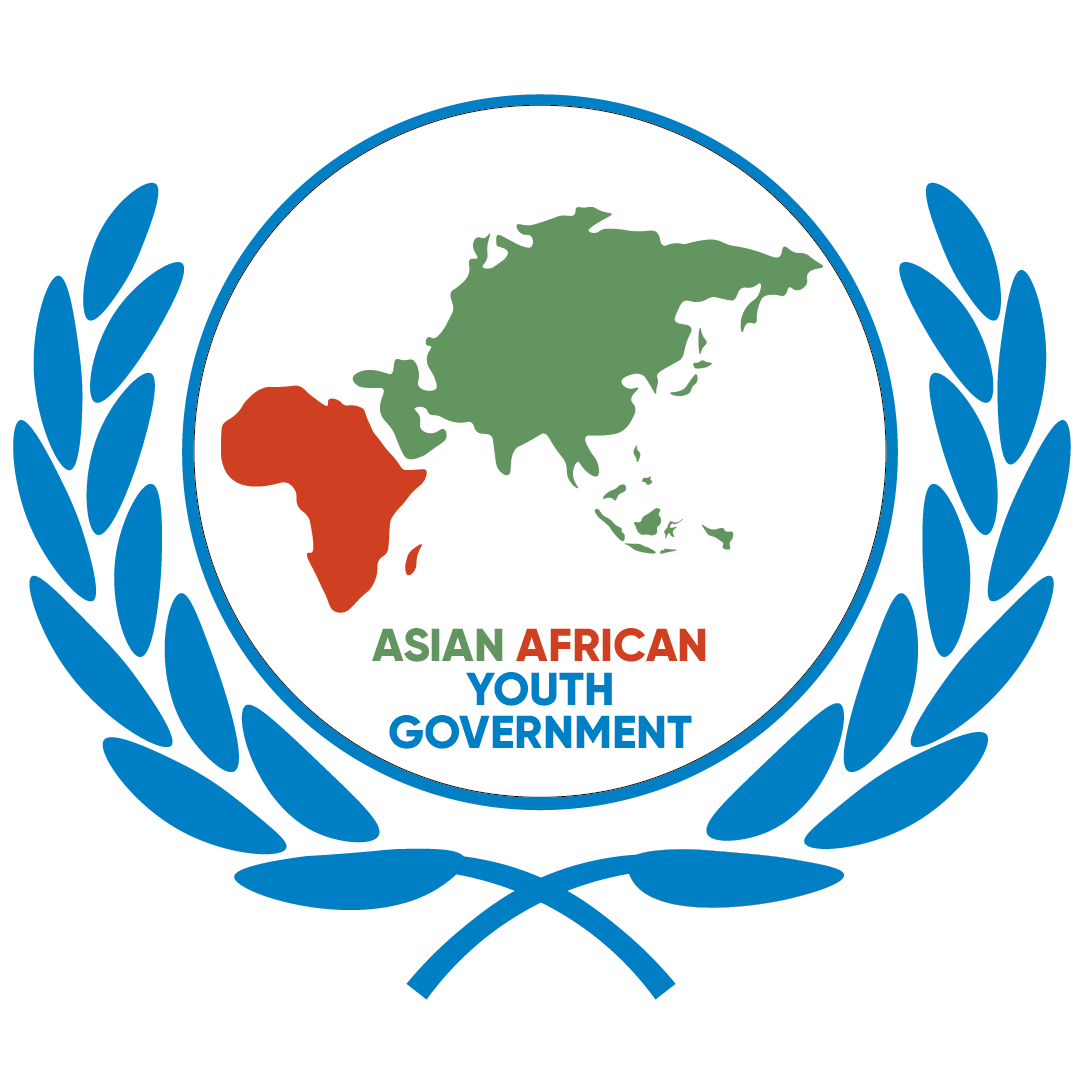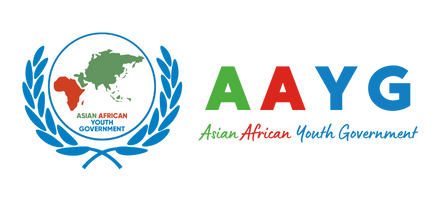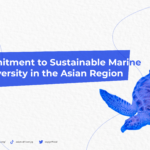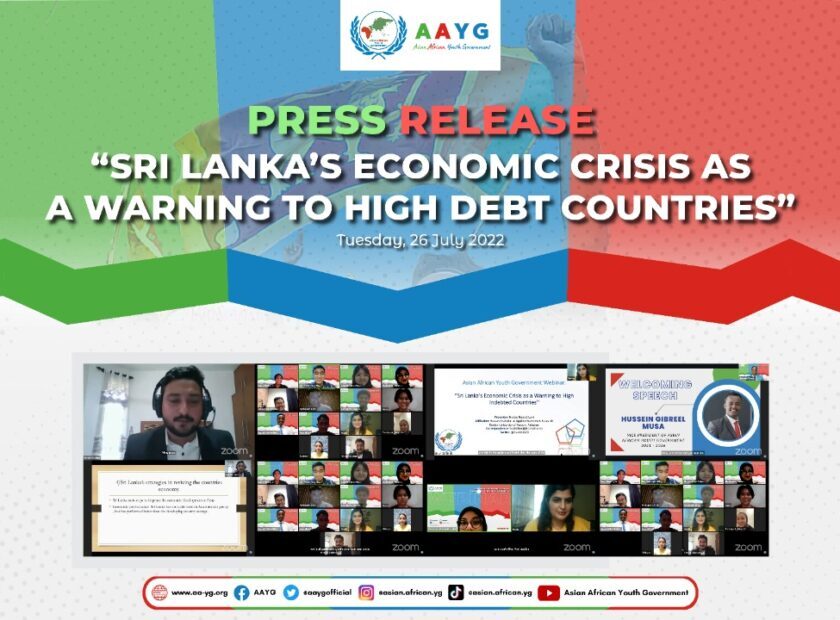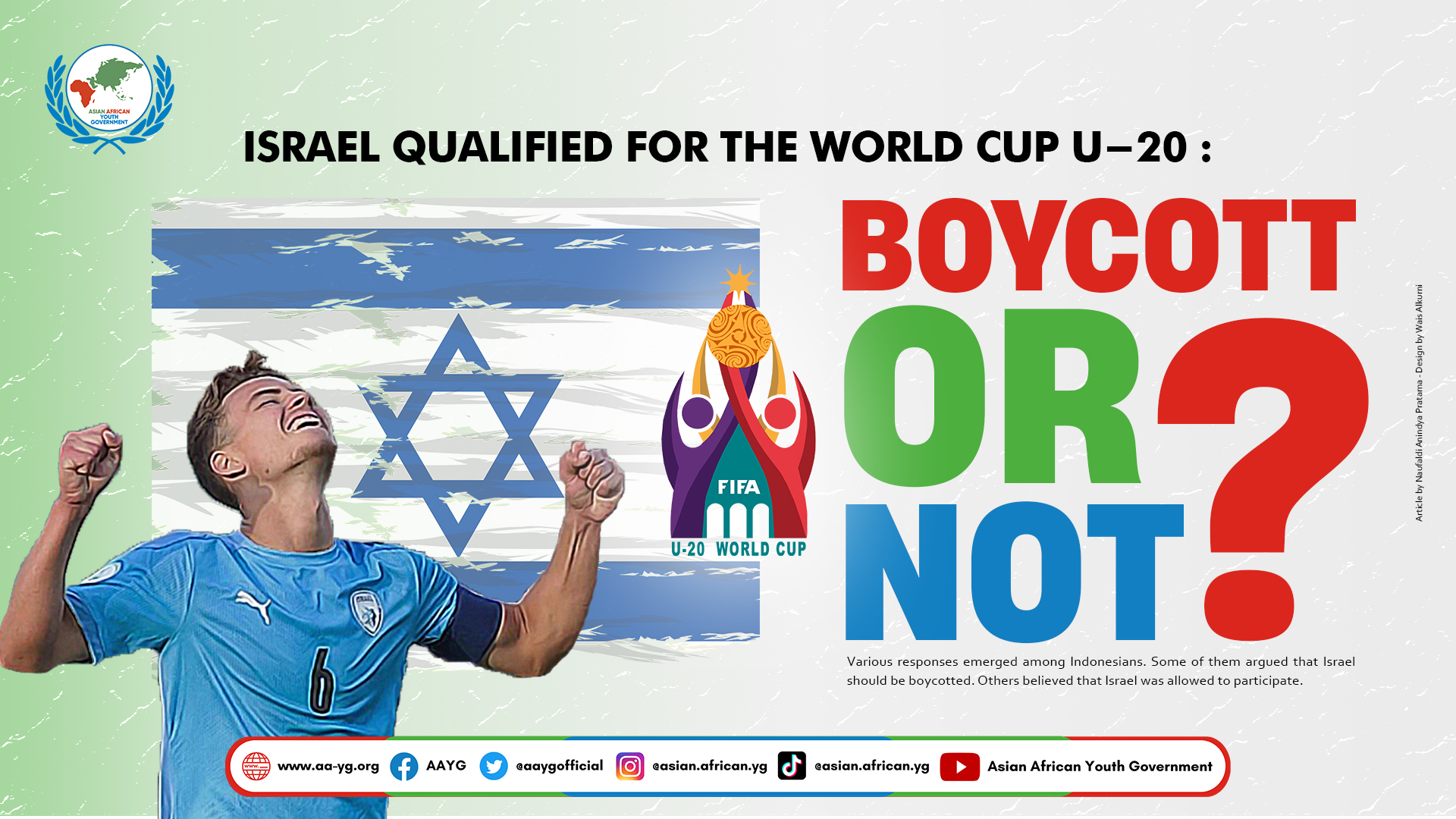
Israel Qualified for the World Cup U-20 : Boycott or Not?
Next year, Indonesia is going to become the host of the U-20 World Cup. Last week, however, there was surprising news for Indonesians. The Israel U-20 National Team qualified for it after reaching the 2022 UEFA U-19 semifinal. Various responses emerged among Indonesians. Some of them argued that Israel should be boycotted. Others believed that Israel was allowed to participate.
Pro-Boycott Arguments
The pro-boycott team argued that inviting Israel into the world cup violated the preamble of the 1945 constitution, which stated: “Whereas independence is the inalienable right of all nations, therefore, all colonialism must be abolished in this world as it is not in conformity with humanity and justice.” That sentence of the 1945 constitution preamble gives legitimacy to Indonesia to support any kind that opposes colonization in the world.
History also shows that Indonesia has ever boycotted Israel in sports and other events to support Palestine. For example, during the 1958 World Cup qualification, Indonesia would have a match against Israel. However, Indonesia decided to leave the qualification stage since Soekarno said that playing against Israel was equal to supporting Israel (Indrawijaya, 2022). Furthermore, under the Joko Widodo administration, Indonesia encouraged other countries to boycott products that were produced by Israel’s illegal Settlements during the OIC Summit in 2016. This past action gives confidence to the pro-boycott team to do the same in next year’s U-20 world cup.
Israel’s human right violations against Palestine is another reason to boycott the team from participating in the U-20 world cup. The Israel Football Association (IFA) allows football clubs that are based in West Bank illegal settlements, such as Ariel and Tomer, to participate in its football competition. This action is against the 2016 UN resolution No. 2334 stipulating that illegal settlement violates international law. Likewise, illegal settlements are a form of apartheid toward Palestinians. Furthermore, Israel has done several actions destroying Palestinian sports facilities, and its sniper killed Palestinian athletes (BDS Indonesia, 2022).
Recently, FIFA banned Russia from participating in any football events in the world as a response to the Ukraine war. This decision was full of a double standard as FIFA did not do the same thing to Israel when it killed many Palestinian children. Hence, many people believe that FIFA’s unfairness can be retaliated by sanctioning Israel for the U-20 world cup.
Anti-Boycott Arguments
Although the majority of Indonesians are pro-Palestine, few of them either take a neutral position on this Middle East conflict or support Israel. Those who either neutral or support this Zionist state believe that sports should be separated from politics, and if Indonesia boycotted Israel, it would have repercussions.
Two examples are the 1962 Asian Games and the 2006 FED World Cup. During that great Asia sports event, Soekarno refused to accept Taiwan and Israel’s participation in the game because of the one-China policy for Taiwan and his anti-colonization view, respectively. Even though the event ran smoothly, Indonesia was not allowed to participate in the 1964 Olympic games by the International Olympics Committee (IOC) for refusing Israel and Taiwan (Indrawijaya, 2022). At the Fed World Cup, the Indonesia tennis team planned to face Israel. However, it decided to walk out to protest Israeli government actions in the Gaza Strip. As a result, Indonesia was banned from tennis matches for one year, and the International Tennis Federation (ITF) fined Indonesia (Witono, 2017).
With this example, those who are against the Israel boycott campaign fear that FIFA will impose sanctions on Indonesia. FIFA sanctions cannot be underestimated. Countries that get sanctions from FIFA are not allowed to have their national teams and clubs participate in international events, and members of FA are not allowed to participate in FIFA courses. As a result, it will hamper football development in the country. Take Indonesia, for example. In 2015, FIFA imposed sanctions on Indonesia for government interference in PSSI. Indonesia football was shut down, and Indonesia’s FIFA rank always dropped.
What position should we take on this issue?
In my view, taking a position on this issue is a difficult choice. There are backlashes for taking a side in this matter. If Indonesia allows Israel to participate in the world cup, it will receive a bulk of protests from the people as it gives a sign that Indonesia is supporting Israel’s colonization. But, if Indonesia decides to boycott Israel, the reputation of Indonesia in the world will be tarnished, and there are possibilities of sanctions from FIFA. Hence, it is up to you to decide which position is best. You can either support the boycott or against it.
Despite the complexity of this issue, no matter the position that you take, I believe that the Indonesian government is taking a pragmatic approach by allowing Israel to perform in the world cup. This has been stated by the Ministry of Youth and Sport, which welcomed Israel to the world cup (Ghermezian, 2022). Moreover, history shows that Indonesia permitted Israeli badminton tennis players at the 2015 World Badminton Championship. Other than that, not many Indonesian are aware that Indonesia has covert business and trade relations with Israel. Back in the new order era, Indonesia bought Israeli aircraft and invited the Israeli prime minister to visit Jakarta covertly (CNN Indonesia, 2020).
As a person who is concerned about Israel’s human rights abuses toward Palestinians, I do not support the boycott campaign for Israel’s participation in World Cup U-20. This is because I do not want Indonesia to get the possibility of punishment from FIFA. FIFA’s punishment had a bad impact on Indonesia’s football situation, and I did not want history to repeat again like in 2015. Moreover, the boycott campaigns did not have any impact on the Israeli national team as the Indonesian government gave the green light towards it.
I acknowledge that the Israel football team’s participation in next year’s U-20 world cup is full of controversy. The team will face security problems, and there is a chance that there is possibility of a walkout. Hence, I hoped that FIFA would not put Israel into a group where one or more countries do not have diplomatic relations with it.
Writer : Naufaldi Anindya Pratama (@faldioo) – Writer AAYG Internship 1.0
Designer : Wais Alkurni (@waisallkurni) – Designer AAYG Internship 1.0
